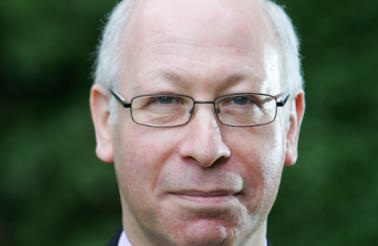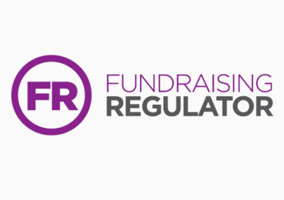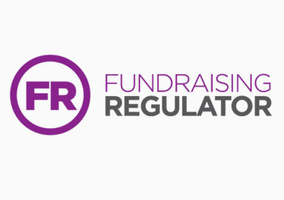The Fundraising Regulator is considering cutting the maximum number of times charities are allowed to ask for money in a single communication, in planned changes to the Code of Fundraising Practice.
The regulator is also likely to tighten the rules around solicitation statements and charity bag collections.
The regulator is looking at changes in six areas, Gerald Oppenheim, head of policy at the regulator, said last week.
He said proposed changes included cutting the maximum number of times charities can ask for money in one communication, potentially from three to two, and tightening the rules on solicitation statements.
“We’re looking at the fundraising ask, and how many times you can ask,” he said. “The code says no more than three, and we’re looking at whether that’s right. You have to be sensible about these things.”
He said there may also be changes on the delivery of charity collection bags, asking people to donate old clothes and other goods.
“The public really don’t like them,” he said.
Other areas where there will be changes are whistleblowing, vulnerable people, and working with third parties. Future changes will include the Fundraising Preference Service, GDPR, data protection and consent.
Criticism of charities over failure to pay levy
Oppenheim also criticised smaller fundraising charities for refusing to pay the levy, suggesting that non-payment of levy could show a poor attitude to donors.
He said there were still several hundred charities who had not paid, and that many had refused, while others were simply not responding.
“The levy isn’t the most popular thing among charities,” he said. “It is the charities towards the bottom of the levy register who are refusing to pay. We urge them to see what this says about their attitude towards their donors.”
He said that several hundred charities still haven’t paid and that these included both those which have outright refused and “those who hope we will just go away – which we won’t”.
However he admitted that there were charities on the list which should not have been, and said the list was now only 1,900 charities – compared to well over 2,000 who were originally asked for money.
He warned that if charities refused to pay the levy it would be replaced with a statutory one “and no one wants that to happen”.
He said: “We hope people will reflect on that and make a payment even if they don’t like it. They don’t have to like it, they just have to do it.”












